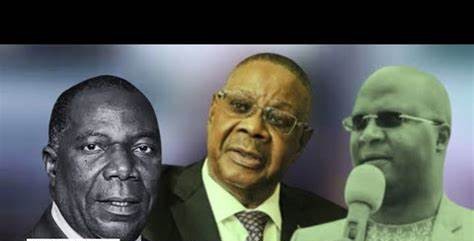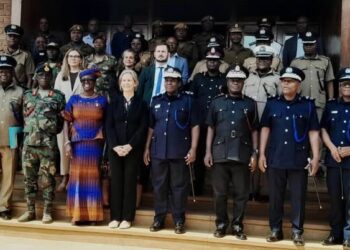Secret meeting at Mutharika’s PAGE House reveals coordinated effort by the opposition to fund protests, push for MEC’s disruptions, and destabilize the September elections.
The clandestine campaign strategy reportedly orchestrated by Malawi’s opposition parties led by the Democratic Progressive Party (DPP) has come to light, sparking fears of an orchestrated attempt to subvert the country’s democratic processes ahead of the critical September 2025 general elections.
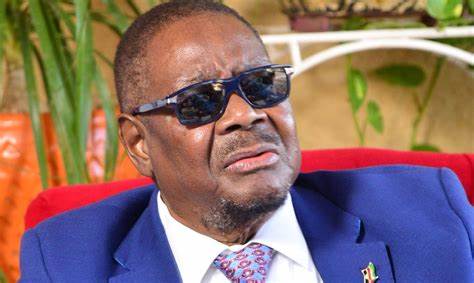
The plot, disclosed through a leaked audio recording involving activist Billy Malata, centres on a series of coordinated disruptions designed to discredit the electoral process and prevent elections from being held as scheduled.
The audio, which has begun circulating across political circles and the media, reveals that leaders of the DPP, United Democratic Front (UDF), and Alliance for Democracy (Aford) convened at PAGE House, former President Arthur Peter Mutharika’s residence, to lay out a multi-pronged protest plan.
This meeting also doubled as a forum to discuss alliance formations and candidate selections, including the controversial choice of Aford’s Enoch Chihana as DPP’s running mate. The Pangolin Online has established that so far APM has agreed to fund all the activities including the demonstrations which would involve also payment to civil society organisations to support the strategy.
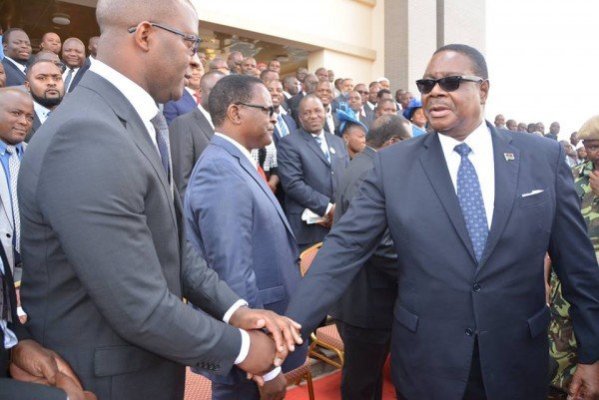
Beyond the alliance talks, the recording exposes what analysts are calling a “destabilization blueprint.”
Among the strategic actions discussed were sponsoring of vendors to stage countrywide demonstrations over the rising cost of living, with the goal of inciting public unrest and painting the ruling Malawi Congress Party (MCP) administration as inept.
The opposition also plans to launch ‘candlelight vigils’ in every district between July and September 2025 to mourn the death of Vice President Saulos Klaus Chilima, who died in a plane crash in June 2024, as another veiled political protest tool.
Further, the plan involves funding Civil Society Organizations (CSOs) to lead aggressive demonstrations demanding the resignation of Malawi Electoral Commission (MEC) Chairperson Anabel Ntalimanja, allegedly citing her links to former MCP president John Tembo.
Also on the agenda is pushing for opposition-led audits of MEC’s voter roll and gaining unauthorized access to MEC’s digital systems and database, under the guise of transparency.
According to Malata’s leaked statement the opposition agreed: “Tithandizire mademo kuti MEC ikhale pa pressure ilole tikalowe mu System ya MEC” (Let’s sponsor the protests to pressure MEC into letting us access their system).
The DPP, still reeling from its 2020 electoral loss, has since struggled to redefine its identity and national relevance.
The alliance with UDF and Aford has itself become riddled with internal divisions.
The naming of Chihana as a running mate has particularly stirred a backlash, with insiders concerned that should anything happen to Mutharika, who is in his 80s and visibly frail, Aford, a party with limited national support, could unexpectedly inherit the presidency.
MEC, under Chairperson Ntalimanja, has defended its operational independence and has begun preparations for what it calls “one of the most high-stakes elections in the country’s modern democratic history.”
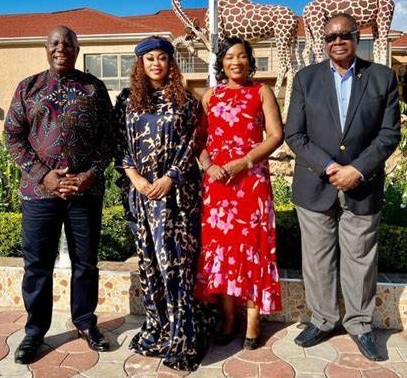
One political analyst warns that “These revelations paint a disturbing picture. What we are seeing is not a campaign rooted in policy or ideological strength—it’s sabotage dressed in the garb of activism.”
Another respected commentator labelled the leaked plans as “a shameful betrayal of the Malawian people’s hopes for peaceful democratic participation. If the opposition truly believes in their vision, they should sell it at the ballot, not manufacture chaos.”
An elections and governance specialist, expressed concern over voter trust: “The integrity of the voter system is central to this election, and any notion of external access will cast doubt on the whole process.”
These strategies, if executed, could significantly strain the electoral environment. Protests, especially those perceived as artificially incited, may cause voter apathy or unrest.
Attempts to force MEC’s hand or access its systems could backfire legally and diplomatically, raising concerns from regional and international observers. Moreover, should the elections be delayed or discredited, Malawi risks not only constitutional crisis but also erosion of its global democratic standing.
As the country approaches the September polls, the onus is on all political actors to act in good faith. The DPP-led alliance’s alleged tactics may prove to be not just ethically questionable, but electorally toxic.


